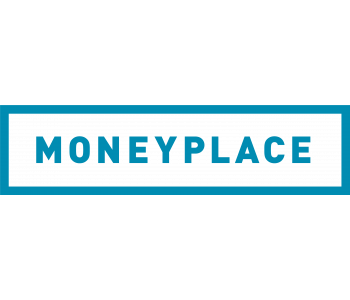When is the right time to buy a car? It's an age old question with no guaranteed answer, but if we're talking about purchasing a new car with car finance there are three main elements to consider.
Vehicle sales
When vehicle sales are down, manufacturers and dealers may both subsidise margins. Your new car should be noticeably less expensive when sales are slow.
It's well known that car dealers are often more negotiable at the end of a month, or financial year, in order to meet volume targets. This may be particularly true in slow months (for example, due to high interest rates or school holidays), or could be specific to slow sales of a particular model.
Tip: Check out http://www.fcai.com.au for national vehicle sales figures and industry news.
Exchange rates
These days, international vehicle brands are relatively common on our roads.
It's easy to forget that, unlike many other "foreign" products, cars aren't just foreign in origin, they're manufactured overseas. Imported car pricing may be subject to exchange rate fluctuations, particularly if the exchange rate becomes continually more unfavourable for manufacturers over a particular period of time.
Tip: RatesList provides trend information for the Australian dollar against major currencies. Take a closer look at current vehicle prices on https://www.drive.com.au/ in a new window. Not sure how current pricing compares? See https://www.redbook.com.au.
Interest rates
The Reserve Bank uses interest rates to promote or dampen spending. This in turn affects finance interest rates and vehicle sales prices.
Instinctively, waiting for interest rates to drop seems like the smart thing to do but, contrary to popular opinion:
- Lower interest rates don't necessarily mean better buying
- Finance interest rates are a relatively minor factor in the total costs of your car.
Basically, the RBA lowers interest rates to promote spending. As spending increases, so do vehicle purchases. This reduces pressure on manufacturers to provide deals and subsidies to dealers, and in turn reduces the pressure on dealers to meet targets, soften prices and negotiate.
Although your car finance interest rate may be reduced, your vehicle purchase might cost you a few thousand dollars more up front.
An example:
| Vehicle Purchase Price |
Finance Structure | Interest Rate |
Monthly Repayment |
|---|---|---|---|
| $30,000.00 | 5 years, 50% residual | 9.50% | $430.37 |
| $33,000.00 | 5 years, 50% residual | 9.00% | $462.79 |
As you can see in this example, an interest rate decrease of 0.5% is not sufficient to offset a $3,000 increase in your vehicle's price.
Tip: Test your own scenarios with our car finance calculator or get an instant, online car finance quote.
The inside track
Being aware of the economic big picture and tapping into industry knowledge will help you select the right time to buy.
Your stratton consultant can help by designing a finance package that takes into account all aspects of your purchase, including the appropriate residual payment for your vehicle. We can also use our industry network to help you find the best price on your chosen vehicle.
For assistance with your vehicle finance and access to our industry expertise, call 1300 STRATTON (1300 787 288) or contact your finance consultant directly.























Previous
What is the best way to pay for a car?
Next
How to Save Fuel